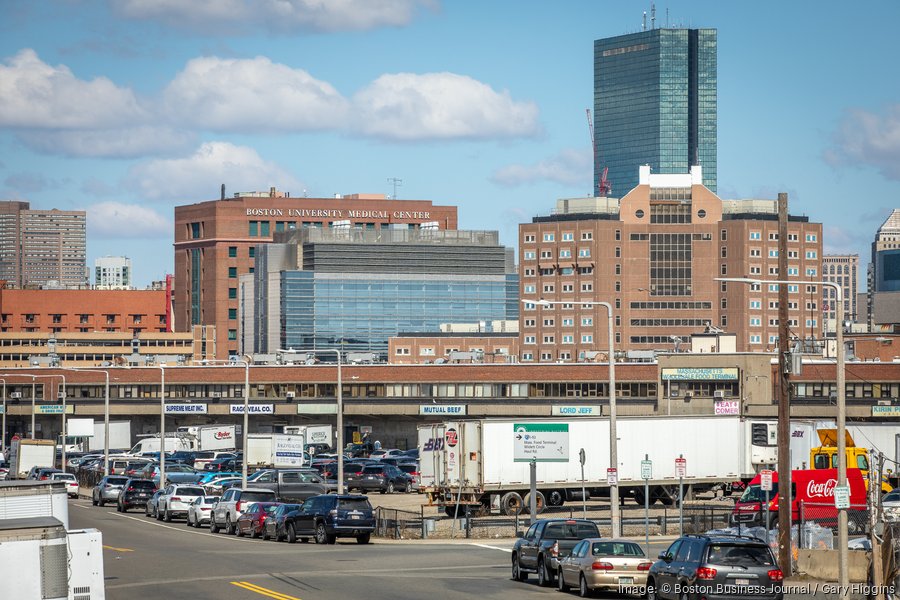The Boston City Council quietly moved one of the most-talked-about issues in the city into its legislative process Wednesday with little discussion in the chamber, rejecting an attempt to immediately adopt the mayor's strategy for addressing encampments in an area that's at the center of the state's opioid epidemic.
The council sent an ordinance from Mayor Michelle Wu related to the homeless encampment at Massachusetts Avenue and Melnea Cass Boulevard to its Committee on Government Operations -- after Wu's announcement last week of a new approach to address the tent city and "open air drug market" on the border of Roxbury and the South End grabbed headlines and sparked strong reactions across Boston.
Wu on Monday filed the ordinance, which would give police the power to immediately remove tents and tarps on public property and roads. Under current protocol, Boston officials have to give 48-hours notice.
The mayor's "phase change" comes at a time when Mass. and Cass has become increasingly violent, and social services have had to pull out of the area for safety. But her proposal has received mixed reactions.
Get Boston local news, weather forecasts, lifestyle and entertainment stories to your inbox. Sign up for NBC Boston’s newsletters.
The Boston Globe reported that a part of the plan to open 30 new shelter beds in the South End was met with an "uproar" from the neighborhood's residents and businesses, and plenty of others have taken to social media with their thoughts.
But city councilors were mostly quiet Wednesday, pointing to the desire for a public hearing to discuss the controversial proposal.
Councilor Michael Flaherty, however, briefly urged Council President Ed Flynn to approve the ordinance without subjecting it to the plodding committee process.
"I don't know about anyone in this room, I've seen enough of the tents. I think it's time to take them down," Flaherty said, making a motion to immediately pass Wu's proposal.
Get updates on what's happening in Boston to your inbox. Sign up for our News Headlines newsletter.
Councilor Frank Baker interrupted Flaherty, saying, "We have to have a discussion."
Flynn cut off the brief conversation to announce that he was planning to send the plan to committee.
He added, "The time for question and debate is at a public hearing."
The proposal was ultimately sent to the Committee on Government Operations.
The mayor's ordinance describes the tent prohibition as "one component of a three-part approach," which also includes creating 30 new low-threshold shelter beds in the South End and returning Atkinson Street -- which has become difficult for cars to use due to the number of tents and people in the street -- to "standard roadway usage."
The mayor says the majority of the tents in the area are not used to shelter people who are homeless, but to hide the illegal drug trade and sex trafficking.
Those who do use tents and tarps for housing would be moved into the newly-available 30 beds in the South End, or into other shelters or low-threshold transitional housing units. More than 500 individuals from the Mass. and Cass area have moved through the nearly 200 low-threshold housing sites the city has created since January 2022, with 149 individuals transitioning to permanent housing, the docket said.
Wu urged the city council to take "swift and urgent action" to approve the ordinance, "in order for City officials and provider partners to finalize preparations and begin implementation well before the colder temperatures of late fall and winter."
During a press conference last week when she announced the new plan, the mayor said moving people out of the area before the cold weather was a matter of "life or death."
The ordinance itself adds, "Any delay to removing these structures presents an immediate potential harm to individuals inside the structures and to members of the public in the vicinity" as tents and tarps are fire hazards, impair public health and social services and conceal criminal behavior.
Despite her urging last week, Wu is reportedly out of town on a family vacation, according to the Boston Herald, and was not present at Wednesday's council meeting.
Editor's note: (Wednesday, Aug. 30, 2023 7:20 p.m. ET): A previous version of this story incorrectly attributed a quote from Frank Banker to Ricardo Arroyo. The above text has been corrected.



